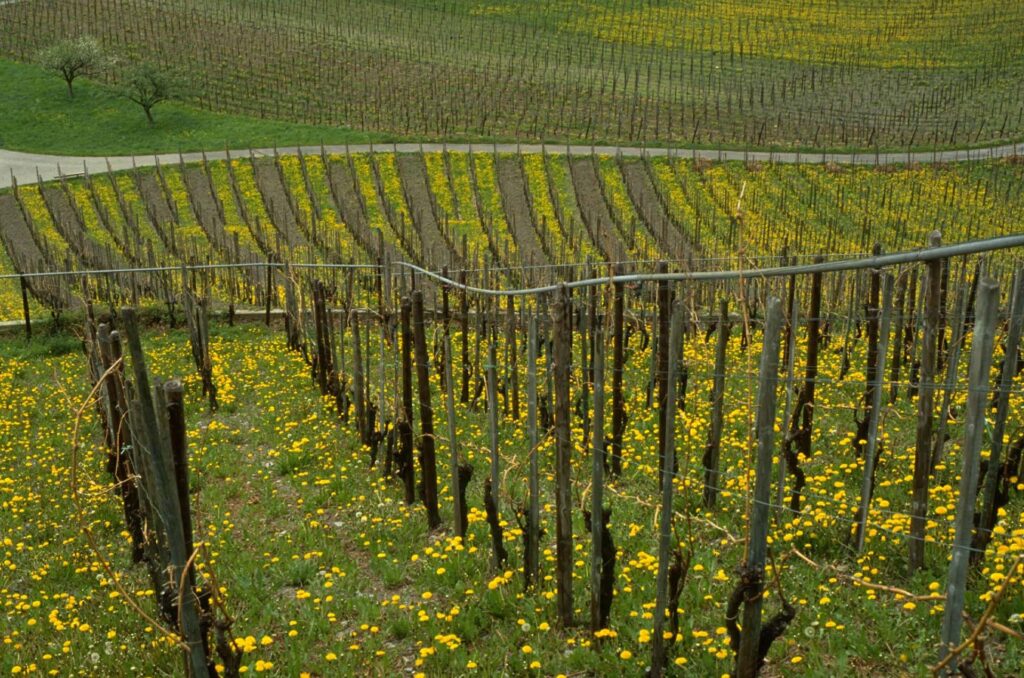Integrated Production Objectives and Principles
IP aims at contributing to sustainable, resilient, profitable and robust farming systems.
IP is an agro-ecology approach: That starts from the notion that a farm is an agro-ecosystem. IP focusses on managing ecological processes and their interactions within the farm and its related context (landscape and region), to optimise the use of internal farm resources, to minimise the need for external inputs and to avoid or minimise the effect of farming practices on the direct environment, future generations or conditions elsewhere in the world.
- IP is based on a system approach: Taking the farming system as a basic unit: the full potential of an agro ecology approach can only be realized when all interactions between different elements of farming are utilized. Synergy between objectives might be realized.
To know more about IP Objectives and Principles please read/download: IOBC-WPRS IP Objectives and Principles (pdf), 4th edition, 2018. Edited by: Frank Wijnands, Carlo Malavolta, Aude Alaphilippe, Baerbel Gerowitt and Robert Baur
The EU framework directive on the Sustainable Use of pesticides (SUD Dir. 2009/128) obliges EU member states to develop National Action Plans (NAP) since 2013 in order to implement and support IPM. The annex 3 of this directive has the IPM as the leading principle and is fully in line with the IOBC IP general guideline.
IP Practical Guidelines
The overall aim of IOBC-WPRS Guidelines on Integrated Production is to provide inspiration for a consistent and integral application of Integrated Production principles in different production systems. These guidelines offer a framework for the formulation of regional or national guidelines and standards and facilitate harmonization of these concepts and guidelines at an international level.
There are three levels in the guidelines. They belong together and should be considered integrally.
